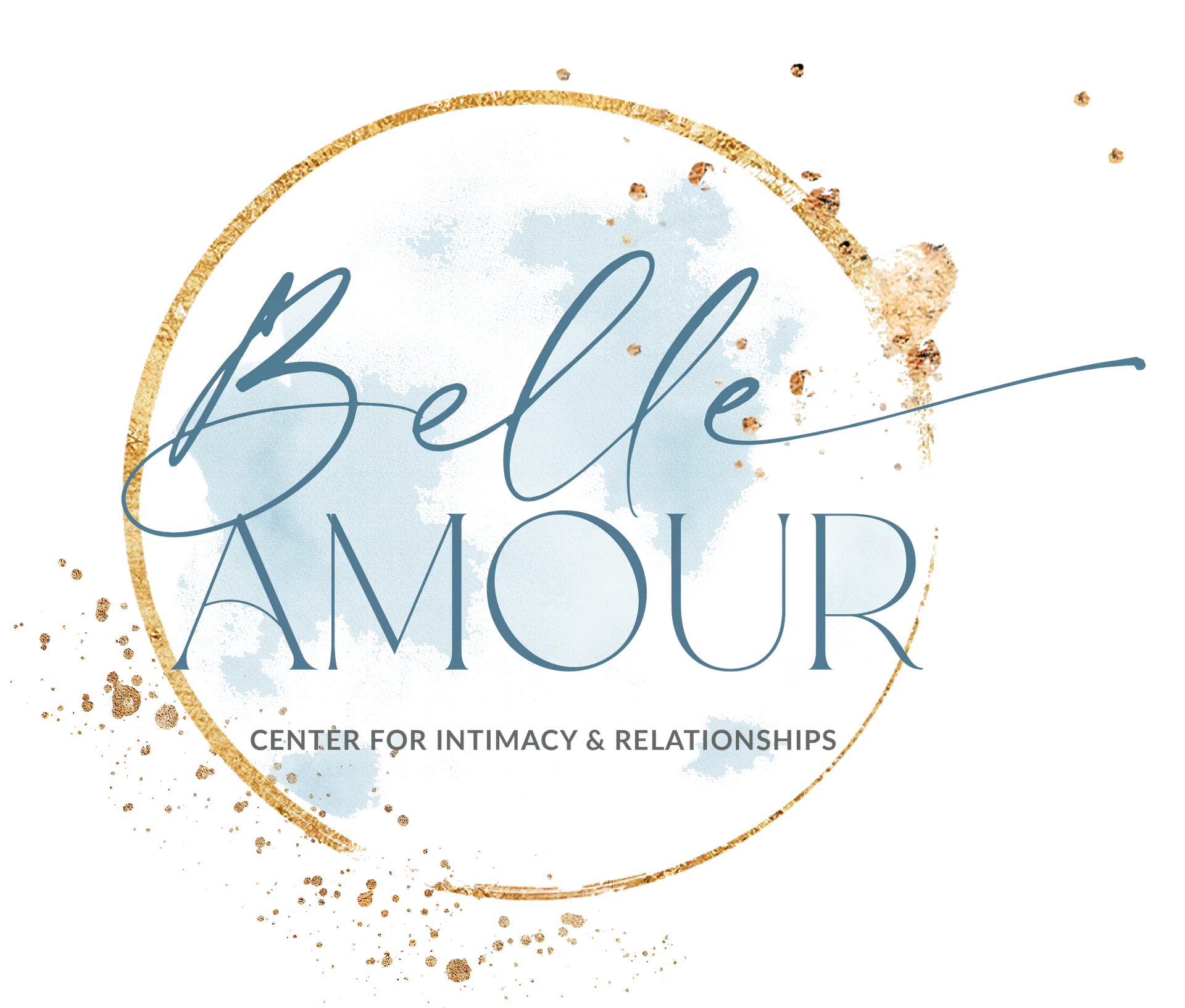Love Addiction
Love addiction creates challenges in relationships, causing an obsessive compulsion and desire to focus on a person, whether texting, calling, controlling, or stalking them. This plays out with unhealthy behaviors, constantly wanting to experience excitement when “falling in love “and wanting to be in the relationship’s honeymoon phase. Love addicts seek the newness of being swept up in a novel romance where the romantic idea of love is far more appealing than living in the daily existence of a relationship.
A love relationship addict tends to be immersed in whirlwind romantic relationships that tend to have brief, passionate, and intense emotions. If they are involved in a long-term relationship, it is usually characterized by a rollercoaster of emotional, dramatic highs and lows. Love addiction thrives in compulsively seeking the practice of “falling in love” and craving the feelings of excitement and fantasy by connecting romantically with a new partner. Love addicts tend to focus an enormous measure of energy on amorous romantic relationships.
SYMPTOMS OF LOVE ADDICTION
- Feeling codependent on the partner
- Prioritizing the relationship with a partner over family, work, and friends
- When expectations are not reciprocated, becoming depressed and obsessed
- Continuously seeking romantic relationships regardless of quality
- Hopelessness, sadness, and melancholy without a romantic partner or relationship
- Challenges when leaving unhealthy or toxic relationships
- Poor decision-making abilities based on emotional feelings of the moment
- Obsessively thinking of the other person disrupting daily activities and working
- Hollywood romantic movie perspective of love where romance has high emotions and dramatic experiences, they must be my soulmate, which is mistaken for love and long-term relationships.
- Feelings of loneliness, desperation, and worthlessness when not in a relationship
- Seeking a new relationship while still active in a current relationship
- Utilizing sexual intimacy for connection
- Leaving a relationship once the limerence and intensity fade away.
- Pretending to be someone they are not to keep their partner interested.
- Depending upon romantic passion as a way to escape from life stress.
- Wearing a mask and pretending to be someone that you are not with your core beliefs, traditions, customs, and values or standards to be with someone
CAUSES OF LOVE ADDICTION
Although there is a lack of research, the causes of love addiction are rooted in genetics and childhood core wounds and trauma. Individuals lacking self-worth, self-esteem, or lack of emotional nurturing during childhood may need persistent attention, affection, and reassurance from others.
Research shows a similar connection between the happiness of being in love and the feelings of pleasure in a person with substance use disorder. Researchers have similarities between a person in love addiction and a person’s alcohol and substance addiction. They may experience codependency, longings, cravings, mood swings, compulsions, and obsessions, leading to dysfunctional behavior. When you are in love, your brain releases chemical messengers like dopamine, similar to patterns that occur with substance abuse and addiction.
- Childhood abandonment issues
- Low self-worth and self-esteem
- Childhood emotional, physical, or sexual abuse
- A traumatic, toxic relationship
TREATMENT FOR LOVE ADDICTION
You are not alone. A therapist can support you in healing your anxious attachment style and diagnose and treat this issue similarly to other forms of addiction. We receive it through genetics and childhood experiences with our parents. Anxious attachment causes us to become obsessive about the persona and whether someone wants to spend time with us. When that person does not respond, we often withdraw from life, become numb, and unable to function well.
Cognitive Behavioral Therapy (CBT) helps the person discover core beliefs, cognitive distortions, and causes and trauma triggers for addictive desires and behaviors by changing the belief system you currently hold about yourself that you are valuable, lovable, and deserving of finding love and intimacy. Reach out for help to build healthy, meaningful, and satisfying relationships.
References
Earp BD, Wudarczyk OA, Foddy B, Savulescu J. (2017). Addicted to love: What is love addiction, and when should it be treated? Philosophy, Psychiatry, and Psychology. 24(1):77-92.
Mellody, Pia. (2003). Facing love addiction: giving yourself the power to change the way you love. San Francisco, Ca.: Harper San Francisco,
Sanches M, John VP. (2019). Treatment of love addiction: Current status and perspectives. European Journal of Psychiatry.33(1):38-44.

